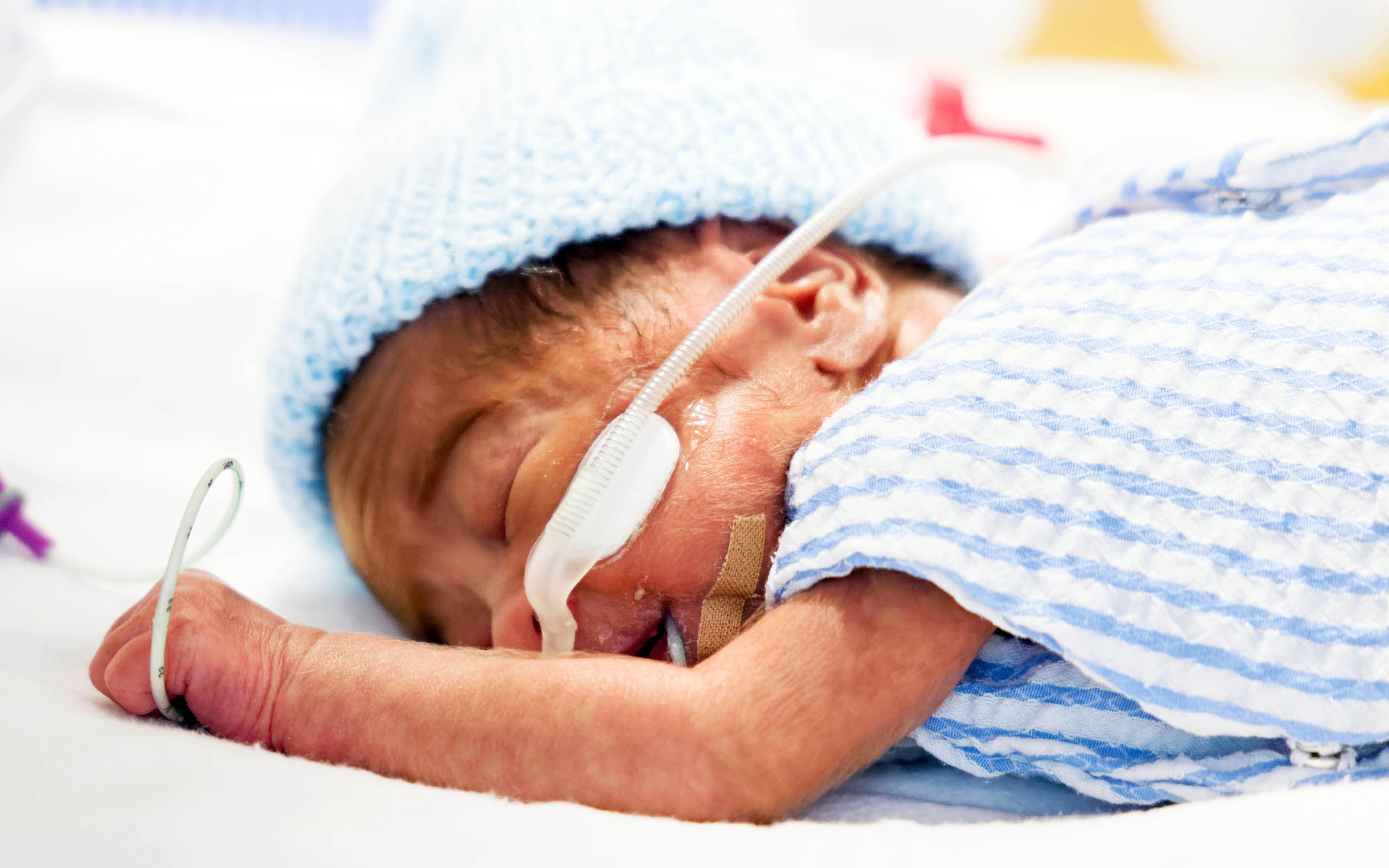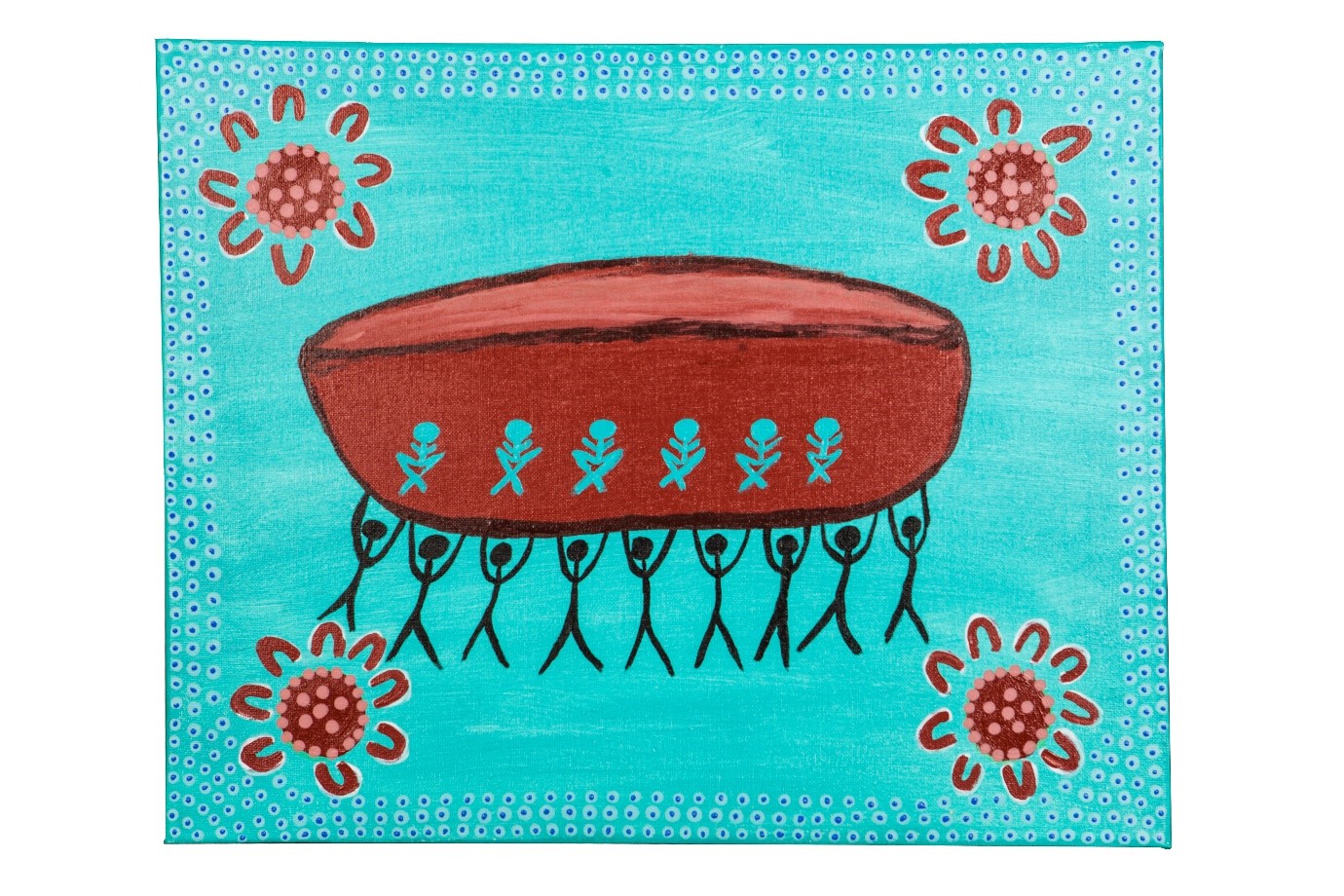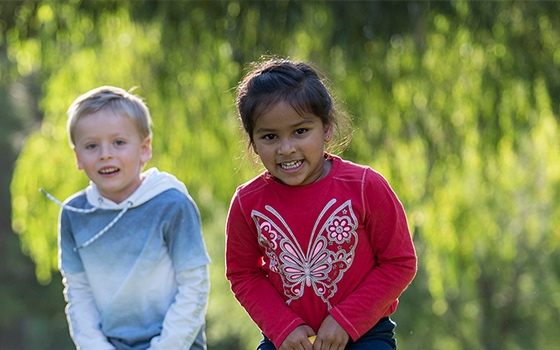Search
We’ve heard from families that trustworthy information about preterm-associated lung disease is difficult to find. In response, we’ve created resources to empower families with the knowledge they need to manage these challenges.

Preterm babies have a heightened risk of infection as their immune system is not mature. The Neonatal Health Team is exploring new ways to diagnose, prevent and treat infections in WA's smallest patients .

Art featured for the Ngulluk Koolunga Ngulluk Koort (Our Children, Our Heart) Project, by the artist Mrs Millie Penny.

News & Events
Playful ParentingPlayful parenting is engaging & connecting with your child through different forms of play. Play is an enjoyable activity that is freely entered into, with a goal of shared joy.
Research
Review of the quality of evidence for preschool and school-based programs to support social and emotional skills, perseverance and academic self-conceptThis project provides guidance to help school leaders review the evidence for different programs, as well as a review of universal, evidence-based pre-school and school-based social and emotional learning programs available in Australia.

The Youth Mental Health team's mission to improve the mental health of young people in Western Australia and beyond.
Research
Mind The DistanceYael Penelope Keely Bep Amy Helen Perry Strauss Bebbington Uink Finlay-Jones Milroy BPsych (Hons) MPsych (Clin) PhD BA, MPH, PhD MClinPsych/PhD
The Kids Research Institute Australia's annual report highlights the accomplishments of our researchers, furthering our mission to secure a happier, healthier future for kids everywhere.
These project websites display extended detailed information about specific research areas.

Join us! Get involved with The Kids through providing a donation, volunteering your time, participating in important research, or with a professional commitment to the institute.
